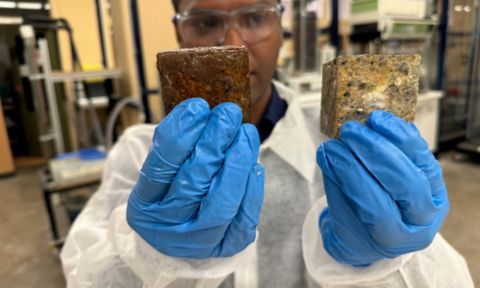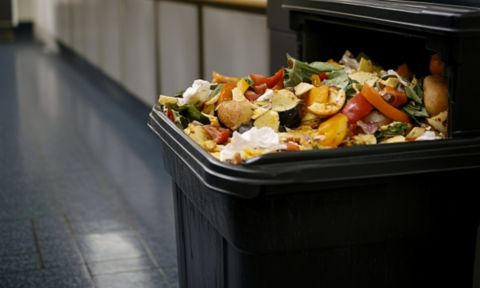Trust or distrust in authority, and whether one is more obedient or rebellious, has been shown to be an innate tendency, shaped by experience and culture. It is very difficult to shift. As social psychologist Jonathan Haidt notes in his 2012 book The Righteous Mind: Why Good People Are Divided by Politics and Religion, our minds were designed for “groupish righteousness”:
“We are deeply intuitive creatures whose gut feelings drive our strategic reasoning. This makes it difficult – but not impossible – to connect with those who live in other matrices”
Distrust in authority is easily reinforced by any perceived mixed messages from official souces. In the case of masks, health officials initially advised against wearing them. We know the main purpose of this message was to safeguard limited supplies for health workers, but the change in tune has helped entrench anti-masker beliefs the government isn’t truthful.
Cooperation and punishment
So what to do?
The important issue is not whether we can change anti-masker beliefs but whether we can change their behaviour.
Traditional economic theory, which assumes people are rational and follow their self interest, would emphasise carrots and sticks.
Behavioural economics, which understands that decisions are emotional, would also recognise that people are quite ready to take a hit just to express their disgust about being treated unfairly.
This has been repeatedly demonstrated by a staple experiment of behavioural research – the “ultimatum game”. It involves two players and a pot of money. One person (the proposer) gets to nominate how to split that money. The other (the responder) can accept or reject the offer. If it’s a rejection, neither gets any money.
A “rational” responder would accept any offer over nothing. But studies have consistently shown a large percentage opt for nothing when they consider the money split unfair.
This sense of fairness is a deep evolutionary trait shared with other primates. Experiments with capuchin monkeys, for example, have shown that two monkeys offered the same food (cucumber) will eat it. But if one monkey is given a sweeter treat (a grape) the other will reject the cucumber.









